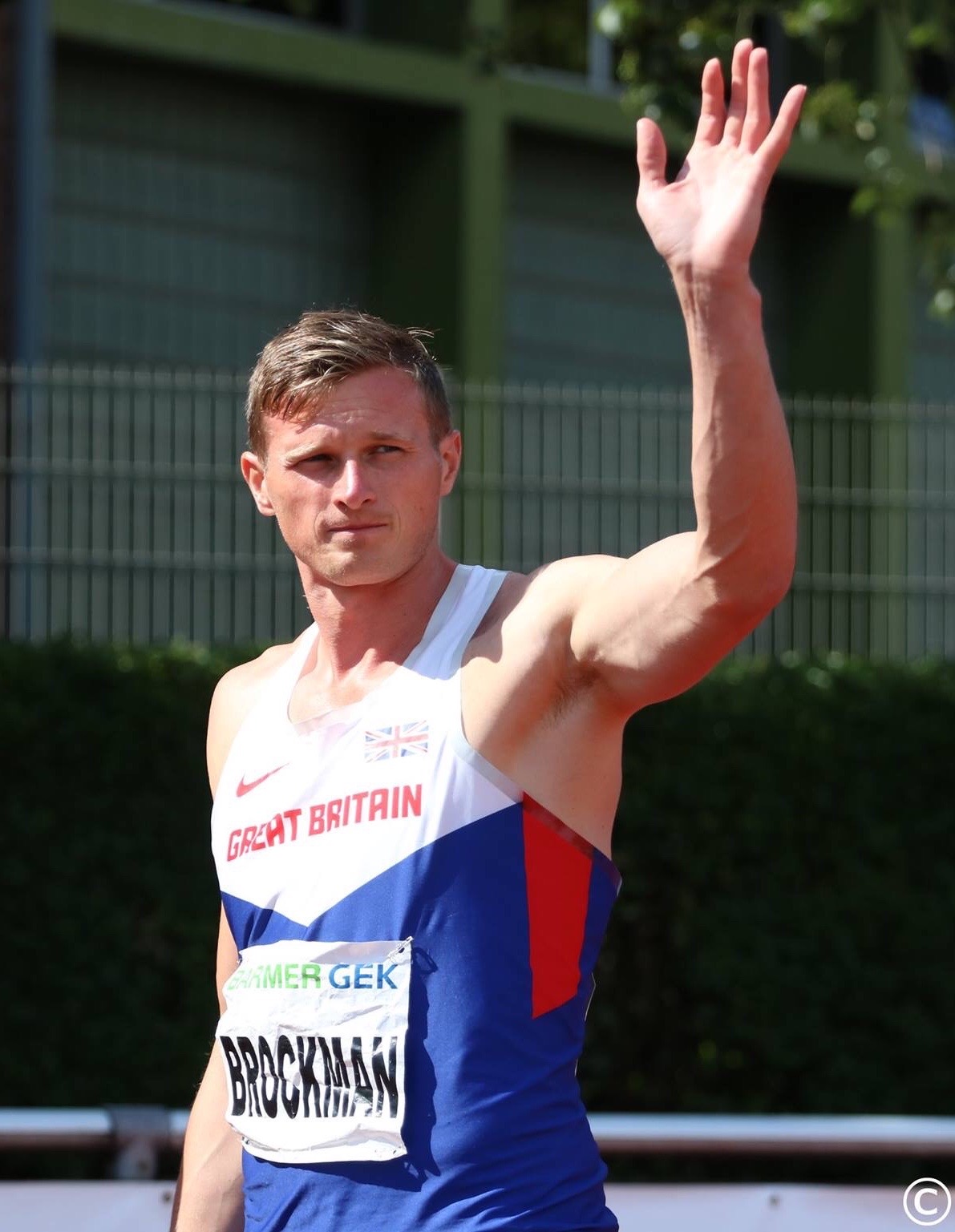As a coach, the end of the season was always my favourite part.
Not because things slowed down—but because that’s when we get to reflect back on the year to see where the hard work paid off.
The same should be true in PE.
It’s tempting to use the final term to wind-down. Sports Days and “just let them play” lessons take over and, while those moments can be important, this time of year is actually one of the best chances to reflect, reset, and prepare.
𝗔𝘀 𝘄𝗲 𝗮𝗽𝗽𝗿𝗼𝗮𝗰𝗵 𝘁𝗵𝗲 𝗳𝗶𝗻𝗮𝗹 𝘀𝘁𝗮𝗴𝗲𝘀 𝗼𝗳 𝟮𝟬𝟮𝟰/𝟮𝟬𝟮𝟱, 𝗵𝗲𝗿𝗲’𝘀 𝘆𝗼𝘂𝗿 𝗘𝗻𝗱-𝗼𝗳-𝗬𝗲𝗮𝗿 𝗣𝗘 𝗖𝗵𝗲𝗰𝗸𝗹𝗶𝘀𝘁:
✅ 𝗗𝗶𝗱 𝘆𝗼𝘂𝗿 𝘀𝘁𝘂𝗱𝗲𝗻𝘁𝘀 𝗺𝗮𝗸𝗲 𝗽𝗿𝗼𝗴𝗿𝗲𝘀𝘀—𝗼𝗿 𝗷𝘂𝘀𝘁 𝗽𝗮𝗿𝘁𝗶𝗰𝗶𝗽𝗮𝘁𝗲?
What evidence do you have that they improved physically, tactically, or personally? If it’s hard to tell, it’s worth asking why.
✅ 𝗪𝗵𝗶𝗰𝗵 𝗹𝗲𝘀𝘀𝗼𝗻𝘀 𝘄𝗼𝗿𝗸𝗲𝗱—𝗮𝗻𝗱 𝘄𝗵𝗶𝗰𝗵 𝗱𝗶𝗱𝗻’𝘁?
Track what resonated. Which sports had the most student growth? Which units felt disjointed or rushed?
✅ 𝗪𝗵𝗲𝗿𝗲 𝗱𝗶𝗱 𝘆𝗼𝘂 𝘀𝗽𝗲𝗻𝗱 𝗺𝗼𝘀𝘁 𝗼𝗳 𝘆𝗼𝘂𝗿 𝗽𝗹𝗮𝗻𝗻𝗶𝗻𝗴 𝘁𝗶𝗺𝗲?
If you’re still writing new lesson plans every week, that’s time you could be spending on teaching, curriculum design, or big thinking.
✅ 𝗔𝗿𝗲 𝘆𝗼𝘂𝗿 𝘀𝘂𝗺𝗺𝗲𝗿 𝘀𝗽𝗼𝗿𝘁𝘀 𝘀𝗲𝗿𝘃𝗶𝗻𝗴 𝘆𝗼𝘂𝗿 𝘀𝘁𝘂𝗱𝗲𝗻𝘁𝘀 𝘄𝗲𝗹𝗹?
Cricket, athletics, hockey—these aren’t just “nice-weather” sports. They offer rich opportunities for skill progression and mindset development. Are your lessons tapping into that?
✅ 𝗪𝗵𝗮𝘁 𝗱𝗼 𝘆𝗼𝘂 𝘄𝗮𝗻𝘁 𝗻𝗲𝘅𝘁 𝘆𝗲𝗮𝗿 𝘁𝗼 𝗹𝗼𝗼𝗸 𝗹𝗶𝗸𝗲?
This is the big one. If your department is stuck in reactive planning or can’t show clear student progression, now is the time to make a shift.
Why this matters:
When coaching athletics, the results at the end of the season weren’t a surprise—they’re a reflection of the training structure I had in place.
The same is true in PE.
If we want students to improve as well as enjoy sport, we need a curriculum that’s built for it.
Structure matters. Progression matters. And performance is possible for every student, not just the most talented
Contributors

Martin Brockman
Director of Performance Pathways
Martin Brockman is Director of Brockman Athletics, providing teacher training and track and field teaching resources for schools around the world. Representing Great Britain in the decathlon for almost a decade, Martin achieved a bronze medal at the Commonwealth Games in Dehli, 2010. On retiring from his international career, he moved to the world-leading Aspire Academy in Qatar as the Head of Athlete Development where he designed and implemented the academy athletics program from talent identification through to international athletics.
Athletics
Specialisms
Share this post
Get fresh insights and articles straight to your inbox
By subscribing you agree to our privacy policy.



Comments
You must be signed in to comment